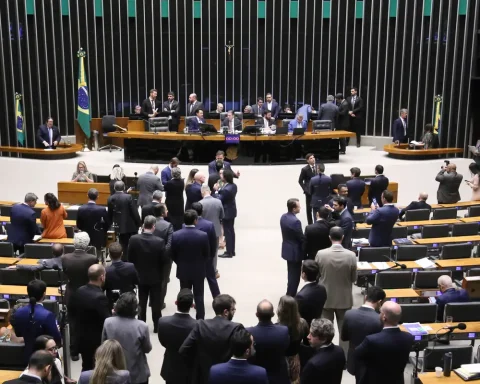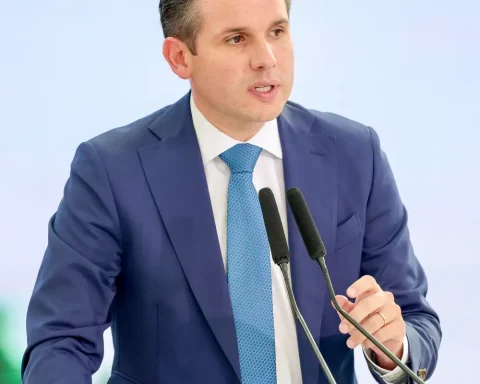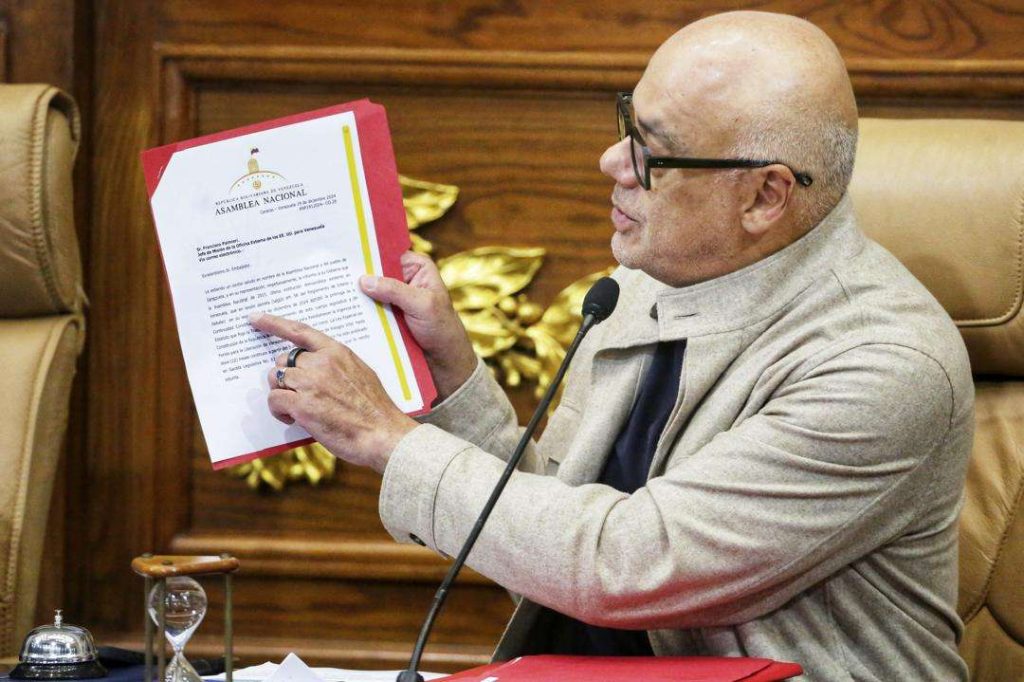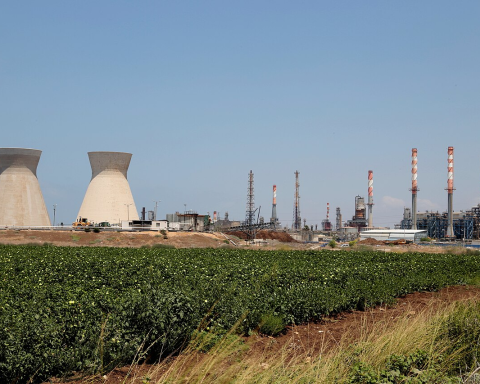This Monday (23), the Federal Police launched an operation to dismantle a criminal organization specialized in human trafficking. The main victims are Afghan families who took shelter at Guarulhos International Airport, a terminal that had several improvised camps, as it was the only entry point into Brazil.
In total, four search and seizure warrants and two preventive arrest warrants were executed. According to the PF, criminals lured victims with false promises of trips to the United States.
The corporation also reported that investigations are ongoing. The objective is to find out if other people participated in the crimes. Human trafficking is closely linked to organ trafficking, contemporary slave labor, sexual exploitation and illegal adoption.
The most recent crisis for Afghans occurred in 2021, when the fundamentalist Taliban group regained power, generating a wave of violence and forced displacement. According to the United Nations Refugee Agency (UNHCR), more than 11 thousand refugees from Afghanistan arrived in Brazil from January 2022 to July 2024.
Report produced by the federal government and the United Nations Office on Drugs and Crime (Unodc) documents that, between 2021 and 2023, Ligue 180 and Disque 100 received 537 reports of human trafficking. The majority were adult women (59%) and girls (18%).
Earlier this year, the Ministry of Justice and Public Security launched the IV National Plan to Combat Human Traffickingin force until 2028. The proposal updated the previous edition, which covered the period from 2018 to 2022 and was structured into six thematic axes and 58 goals.
In Brazil, the National Policy to Combat Human Trafficking was only defined in 2006. In 2016, Law No. 13,344/2016, known as the Human Trafficking Law, was sanctioned, which added a section to the Penal Code that establishes the penalties for whoever practices. A penalty of imprisonment was determined, which could vary from four to eight years, and a fine.
Furthermore, it can be increased by a third to half, if the crime is committed by a public official in the exercise of their duties. The increase also applies in other circumstances, such as if the victims are children, teenagers, elderly people or people with disabilities or are removed from the country.

















